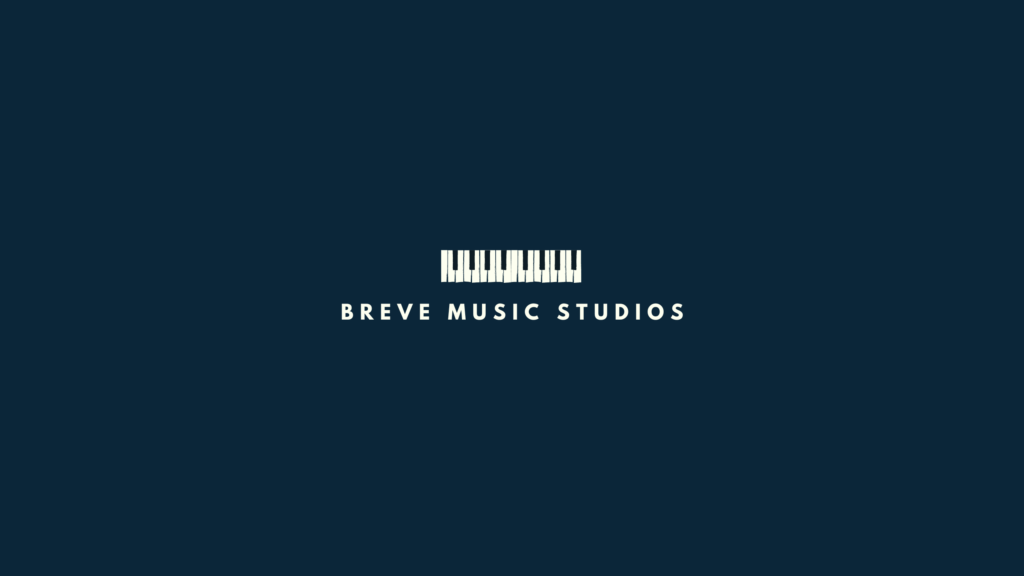Table of Contents
Introduction
What is the AI Fraud Act and Why Was it Introduced by the US Congress?
Overview of the AI Fraud Act
The AI Fraud Act pertains to the prohibition of artificial intelligence fake replicas and unauthorized duplications. The act seeks to protect individual rights and intellectual property from the misuse and exploitation of generative AI to create fake replicas and unauthorized duplications.
Reasons Behind the Introduction by US Congress
The introduction of the AI Fraud Act by the US Congress is a necessary step towards establishing an ethical AI ecosystem. This legislation aims to combat the proliferation of deepfakes and unethical AI practices that pose a threat to the rights of individuals and the integrity of intellectual property.
Impact on the Music Industry
The AI Fraud Act has significant implications for the music industry, particularly in safeguarding the intellectual property and right of publicity of artists and musicians. This legislation addresses the growing concerns regarding fake replicas and unauthorized duplications of musical works, providing much-needed protection to the creative community.
How Does the No AI Fraud Act Affect the Music Industry?
Response from RIAA
The Recording Industry Association of America (RIAA) applauds the introduction of the AI Fraud Act, recognizing it as a crucial step towards protecting the music industry from the adverse effects of AI frauds. The RIAA’s support for the No AI Fraud Act reflects the industry’s collective commitment to combating illicit practices and preserving artistic integrity.
Representative Salazar’s Support
Representative María Elvira Salazar has emerged as a vocal advocate for the No AI Fraud Act, emphasizing the importance of this legislation in safeguarding the rights of musicians and creators. Salazar’s unwavering support underscores the bipartisan nature of the initiative and the widespread recognition of its significance in protecting the artistic community.
Potential Impact on Intellectual Property
The No AI Fraud Act holds the potential to reinforce the protection of intellectual property rights within the music industry, offering legal recourse against unauthorized duplications and deceptive use of AI-generated content. This legislative development signifies a crucial milestone in upholding the integrity of artistic works and ensuring fair compensation for creators.

2024: Key Year for the No AI Fraud Act Implementation
Bipartisan Support and Advocacy
The No AI Fraud Act has garnered bipartisan support among a group of House representatives, highlighting the widespread recognition of the legislation’s significance in combating unethical AI practices. This bipartisan advocacy underscores the collaborative efforts to address the challenges posed by fake replicas and unauthorized duplications in the digital age.
Representative Wittman’s Involvement
Representative Robert Wittman’s active involvement in championing the No AI Fraud Act further exemplifies the collective commitment to upholding ethical standards in AI development and usage. Wittman’s advocacy underscores the legislative momentum shaping the governance of AI technologies and their impact on diverse sectors, including the music industry.
Importance of January 10th in the Act’s Timeline
January 10th holds significance in the timeline of the No AI Fraud Act, signifying a crucial milestone in its implementation and enforcement. This pivotal date marks a pivotal step towards preserving the integrity of the music industry and protecting artists’ rights against the proliferation of AI-generated fakes.
Breve Music Studios publishes music to Spotify, YouTube Music, Amazon Music and more. Follow our pages on Facebook, Instagram, Twitter, TikTok, and YouTube.
Listen to our ensembles: Breve Orchestra, Breve Music Ensemble, Breve Low Brass Ensemble, Breve Woodwind Ensemble, and Jermaine Harris on Spotify.
